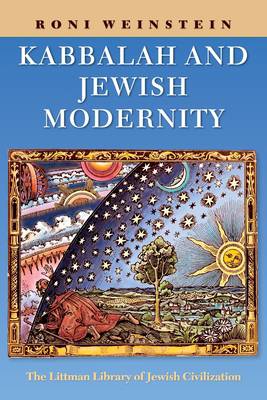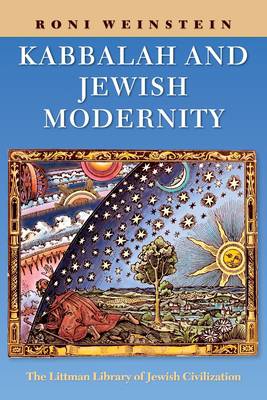
- Retrait gratuit dans votre magasin Club
- 7.000.000 titres dans notre catalogue
- Payer en toute sécurité
- Toujours un magasin près de chez vous
- Retrait gratuit dans votre magasin Club
- 7.000.0000 titres dans notre catalogue
- Payer en toute sécurité
- Toujours un magasin près de chez vous
Description
Something crucial and quite unprecedented happened to kabbalah in the sixteenth and seventeenth centuries. Though it had previously been considered a highly secretive and esoteric tradition, its practitioners began to spread its doctrines throughout the Jewish world with missionary zeal. Their goal was ambitious: no less than the remodelling of the religious and ethical attitudes of the entire Jewish population, a reformation of Judaism. Few aspects of Jewish life and religious practice were not changed as a result of the spread of kabbalah.
These innovations originated mainly in the city of Safed in Galilee. They were introduced by kabbalistic adepts, but would not have gained broad acceptance if they had not made sense to people in terms of their everyday lives. The kabbalistic corpus that emerged should thus be interpreted not just as the elaboration of a secretive literary tradition, but as a response to the needs of Jewish society in its manifest historical context. In addition, Roni Weinstein argues, these kabbalistic innovations were partly a response to changes in the Catholic world-view, revealing an intimate link with Counter-Reformation Catholicism that is explored here for the first time. The religious and political changes taking place in contemporary Ottoman settings also contributed to these changes.
The effect of these developments on Jewish culture was nothing short of revolutionary, deeply affecting people's lives at the time and also laying the foundations for change in future generations. Yet they were not presented as revolutionary: the early modern kabbalists understood that they would only succeed in spreading their message if they presented their doctrines as the natural continuation of what went before.
Weinstein's sociological reading of mystical texts encompasses a number of methodological innovations, including the need to consider the impact of the non-Jewish environment in the fashioning of Jewish texts. He sees the emergence of 'Jewish modernity' as the result of developments that were intrinsically Jewish rather than as a response to outside influences during the Enlightenment; controversially, he therefore places its origins in the Mediterranean world of the late sixteenth century rather than in eighteenth-century Berlin. His argument is based on a wide range of Jewish sources--including theological tracts, kabbalistic and ethical literature, hagiographies, mystical diaries, halakhic rulings and responsa, and community and confraternal regulations--as well as the testimonies non-Jewish travellers, and Catholic religious literature. This stimulating new reading of the development of kabbalistic texts and practices opens a new chapter in the understanding of Jewish modernity. The Hebrew edition of this book was awarded the Goren-Gottstein Prize for the Best Book in Jewish Thought 2010-2012.
Spécifications
Parties prenantes
- Auteur(s) :
- Editeur:
Contenu
- Nombre de pages :
- 228
- Langue:
- Anglais
- Collection :
Caractéristiques
- EAN:
- 9781837640546
- Date de parution :
- 16-02-24
- Format:
- Livre broché
- Format numérique:
- Trade paperback (VS)
- Dimensions :
- 156 mm x 234 mm
- Poids :
- 317 g

Les avis
Nous publions uniquement les avis qui respectent les conditions requises. Consultez nos conditions pour les avis.






